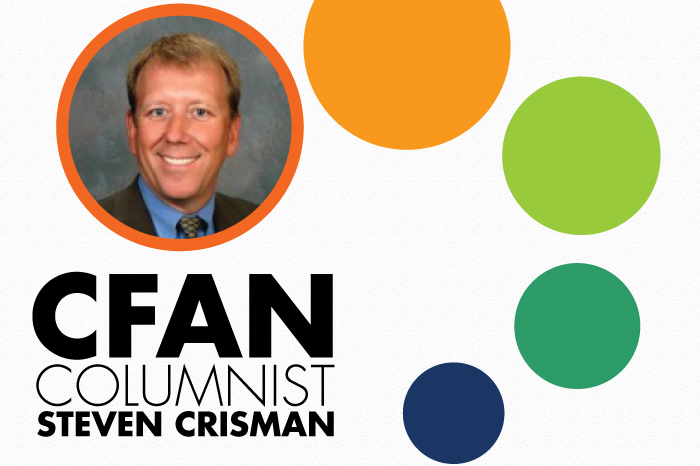MANY OF YOU reading this article may have already noticed that your tax preparer gave you an additional form to sign this year, Form 3115, Application for Change in Accounting Method. One of the most common questions when it comes to the new tangible repair regulations is, “Why are we changing our method of accounting?” You will want to change your method of accounting if you previously capitalized costs as improvements that, under the new regulations, could be deducted as repairs or maintenance, or if you have been expensing certain supplies that now need to be capitalized and expensed when consumed. To make the change, you must file Form 3115 with your federal tax return. Fortunately, there are opportunities within the regulations to accelerate deductions in 2014.
If you run a small agriculture operation and need to change your method of accounting, you may be able to take advantage of the simplified procedures offered to small businesses. To qualify, your business’ assets must total less than $10 million, or your average annual gross receipts for the prior three taxable years must be less than $10 million. If you qualify, you can change your method of accounting without filing Form 3115.
When choosing to apply the simplified procedures, there are a few things to consider. First, using this method means that you cannot accelerate deductions, as you are able to when filing Form 3115. Also, if you choose to follow the simplified procedures for 2014 but decide to use the standard procedures in the future, you must file the appropriate forms in that tax year. To determine whether you need to change your accounting method and, if so, which process is best for your business, consult your trusted CPA.
CREDIT
column by STEVEN E. CRISMAN
BIO: Steven Crisman is the managing partner of Cross, Fernandez & Riley, LLP’s (C/F/R) Winter Haven office and leads its Agriculture Practice Group. He primarily serves the agriculture, manufacturing, warehousing, and distribution industries. He has specific experience with citrus growers, cattle ranchers, citrus and other horticultural nurseries, citrus harvesters and other support industries, as well as watermelon, blueberry and other growers. In addition, Steve provides comprehensive tax and estate planning, attestation and business succession planning services.

